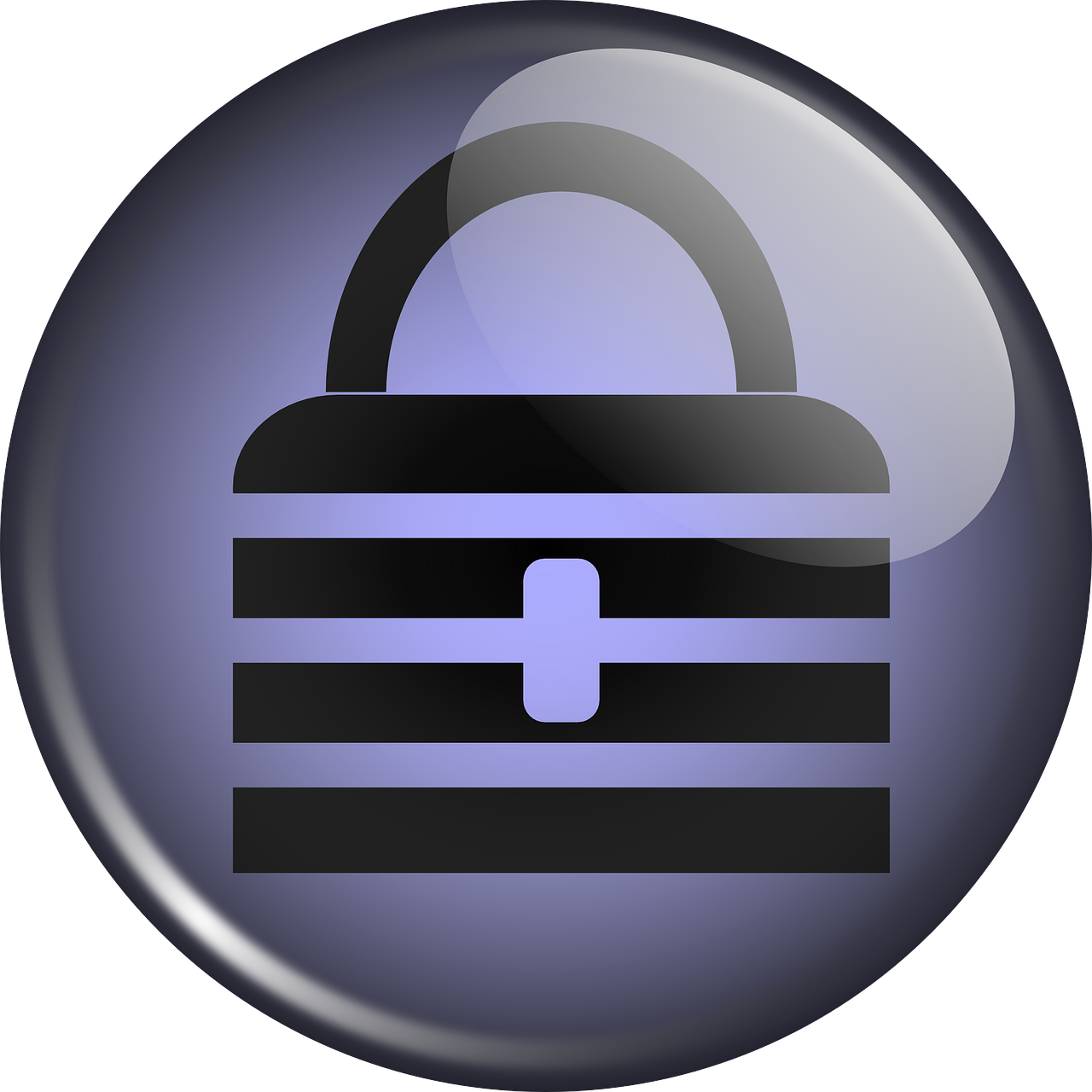Protecting Yourself in Today's Social World
The Social Web

With the Web 2.0, users can now interact with websites and write directly to them. Web 4.0 enhanced this by allowing websites to be tailored mobile devices seamlessly. Expecially since 2010, society became increasingly more and more social, posting more details about thier lives than ever before on websites like Facebook, Twitter, Instagram, and YouTube. However there are hidden dangers that all users and posters on these websites must keep in control of their personal identifiable information and be careful how much they share.
Understanding Social Engineering

Social Engineering is the use of deception to manipulate individuals into divulging confidential or personal information that may be used for fraudulent purposes. One must understand that this is not as blatent as many realize and it can be done without you knowing or seeing it. In the case that we are discussing about, hackers or those that wish to do hard against an individual is to conduct an online search on them. This can usually show what sites they may use and or have profiles on. Once they access these pages, they look at all if the information shown (usually also saving the information to a file) and start gathering data.
What information could hurt you?

What is your favorite book? What road did you grow up on? What is your mothers maiden name? What is the name of your first pet? First boy/girlfriend? What was the first company you worked for? Where did you meet you spouse? Where did you goto Highschool or college? These questions are some common items that people may post and talk about online. However these questions should also look very familiar for another reason. These are the most common password recovery questions used by many websites on the internet. Do you remember hearing in the news years ago when Jennifer Lawrence had some personal photos leaked on the internet due to her iCloud account being "hacked"? Well, she wasn't hacked. Someone went and reset her password using publically available information posted on her social media accounts
How to Protect Yourself

When protecting yourself on the internet, it is important first to be careful what information you share. Also be careful what passwords you use for your websites. It is also best practice to not overuse the same password for multiple websites as all passwords are never perfect and well protected. YOU might be good at protecting your username/password information but the website might get hacked and the information leaked. So if they do get compromised, the username/password is only vulnerable on a few limited websites.
Meet Kevin Mitnick (Story time)
.jpg)
Kevin Mitnick in the 1990's and early 2000's was known as the "worlds most wanted hacker". He did this long before social media was big but what was interesting is over 90% of his hacks was due to social engineering. He would either gather what was publiclly available or he would talk to people in a personable way and get the information he needed out of them. He was effective at getting information that during and after his jail time, he was barred from using computers or the internet for 10 years. Thankfully after he served his jailtime and the time limit was up he turned and used his knowledge for good, assisting governments and organizations on how to better protect themselves from attacks. If you are interested in reading his autobiography "Ghost in the Wires", you can pick up a copy here on Amazon.com.




.jpg)